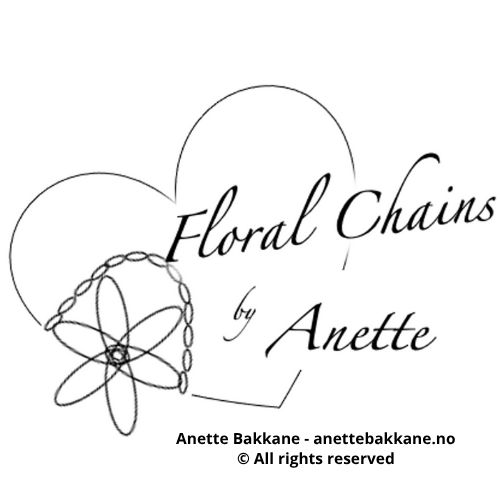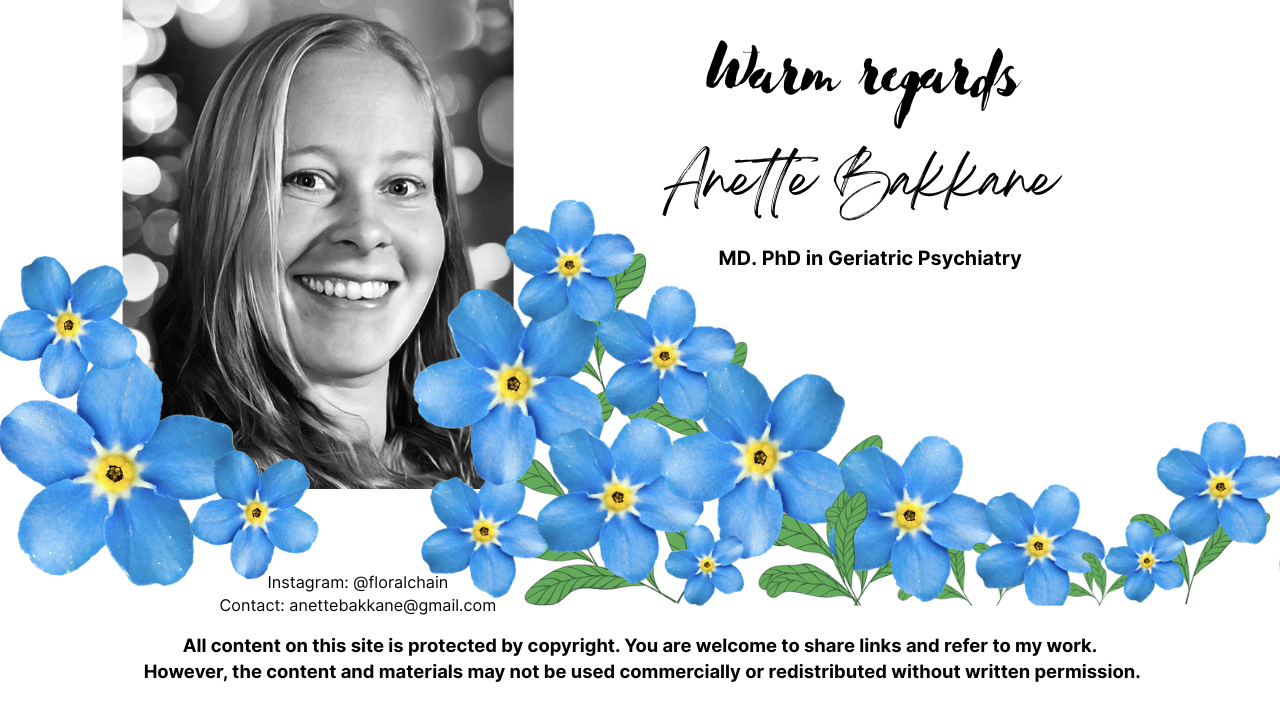Dementia and Elder Care
-The Human Story Beneath the Label
When life changes due to illness, we need more than forms and test results.
We need safety, understanding, and respect – both as patients and as loved ones. Here, you’ll find professional insight, lived experience, and compassionate communication with human dignity at the center.
First and foremost, a person is a person – with a story, a voice, and a rhythm that cannot be measured in checklists and numbers. This is always important to remember, especially when someone is affected by dementia.
I’ve worked as a doctor in dementia care teams and nursing homes, and I hold a PhD in geriatric psychiatry. Medical knowledge is, of course, essential when supporting people in crisis – but just as important is the ability to be present as a fellow human being.
What matters most when someone becomes ill is to feel safe – and to be allowed to remain themselves.
I will gradually add more information and resources here. For now, I’m sharing a poem about dementia – for everyone standing in the storm.
Further down, you'll find more about my perspective and a glimpse of what I plan to share in this space.

A person is always more than their blood pressure, diabetes, or memory test results.
Of course, every patient should be met with respect.
We should speak with, not about.
But respecting the patient does not mean we, as healthcare professionals, can’t also meet their loved ones with care and understanding.
In my view, collaboration between relatives and healthcare providers is one of the foundation stones for good care – especially when the person affected can’t be expected to have full insight themselves.
I have, of course, also been a patient in the psychiatric system. At the time, I asked for collaboration with my close family, but this was denied due to privacy concerns. That struck me as strange.
Because as healthcare professionals, there is always something we can do:
Always listen.
Always offer general information.
Always be honest about what is actually limiting the collaboration.
Relatives are often the first to notice when something isn’t quite right – when a person begins to show signs of dementia or another serious illness.
They often go to great lengths.
So far, in fact, that many end up getting sick themselves.
As healthcare professionals, we owe it to patients, service users, and their families to listen – but also to investigate properly. To do our job thoroughly.
There’s still a long way to go.
I want to help highlight that rushing rarely saves time.
That careful listening and thorough assessments are essential.
That listening to both the person affected and those around them can, should, and must be done properly.
Sometimes we need to keep it simple: check the basics. Do the tests.
To make a point: if someone comes in for a blood pressure check, the doctor doesn’t ask them what their blood pressure is – they measure it.
And we do have tools to assess memory, cognitive functions, and mental illness.
I’ve been part of many dementia assessments. One of the first questions often asked is whether the person feels their memory has gotten worse.
It’s extremely rare that the person answers yes.


Relatives often have a clear sense of what has changed.
Most of the time, what they report aligns well with what we find when the person is properly assessed.
In those cases where there’s a mismatch, it’s still crucial to gather thorough information from everyone involved – and to carry out solid assessments before drawing any conclusions.
Test properly. Do the work.
Be as certain as possible in an uncertain landscape.
My perspective is rooted in public health medicine.
I’m not yet a board-certified specialist, but I’m close enough to see this clearly:
It’s neither socially responsible nor economically sustainable to stretch already overwhelmed caregivers even further.
This applies to elder care in general – and especially to dementia.
When dementia strikes, both the person affected and those around them often feel like they’re losing themselves.
They no longer feel safe.
They no longer feel like themselves.
One of the first things I’m offering is a free online mini-course – in three short parts.
It’s for anyone who wonders if someone close to them may be developing dementia.
If this speaks to you, you’re welcome to sign up for my newsletter – and I’ll let you know as soon as the final touches are ready.


